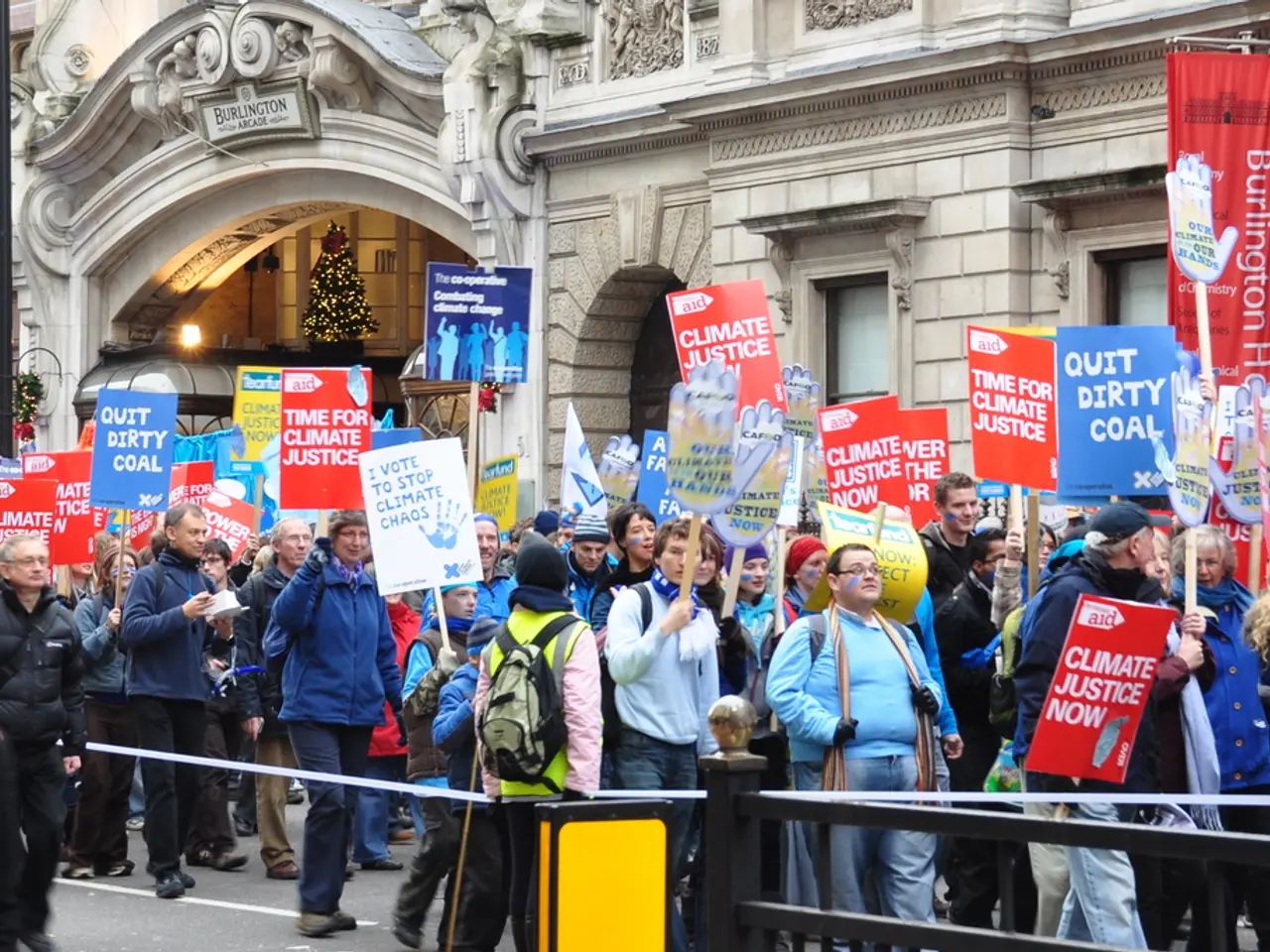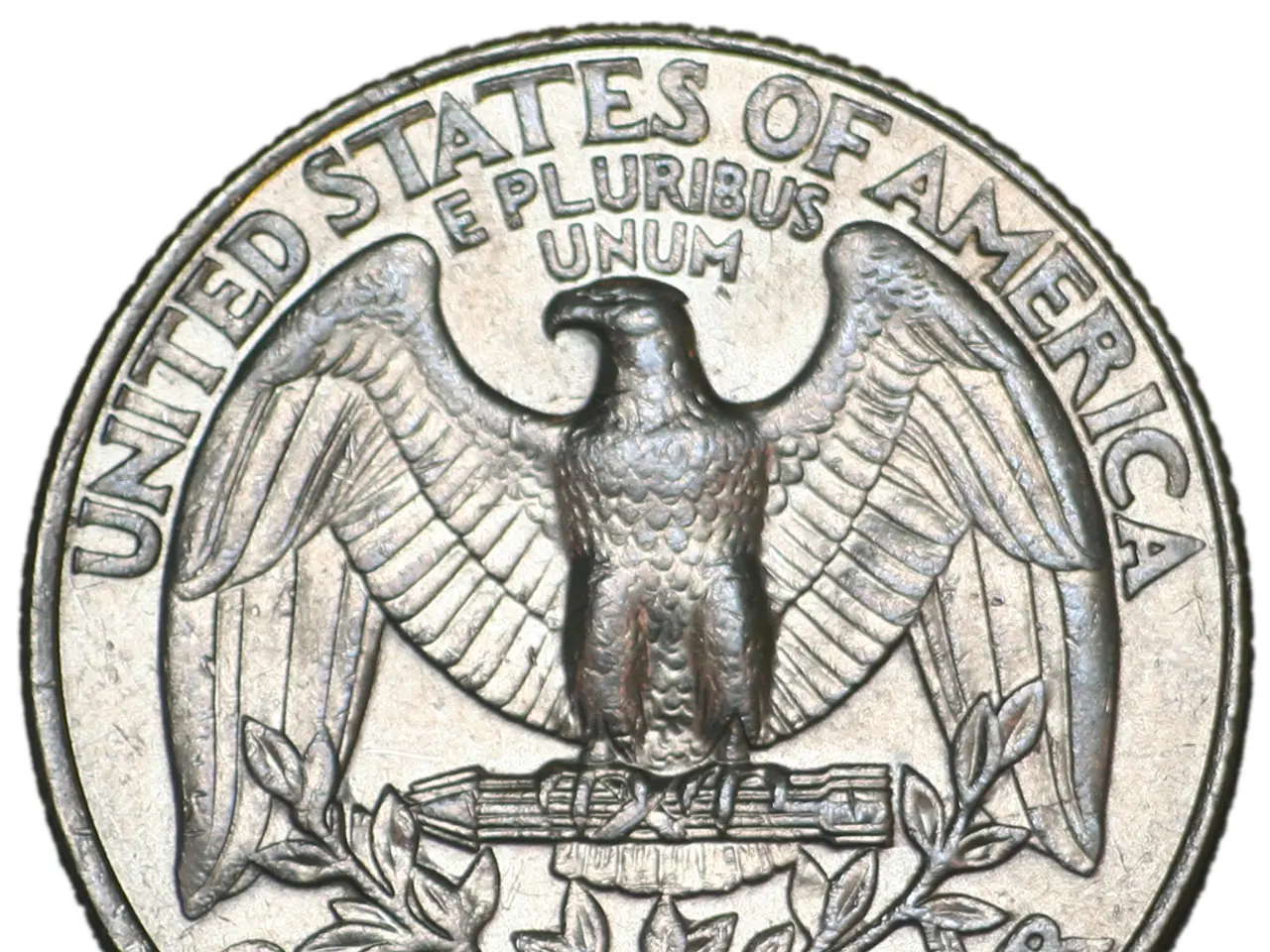Trump argues that the U.S. has an excess of national holidays which are negatively impacting the country's economy. However, the validity of this claim remains debatable.
In an unexpected move, President Donald Trump recently took to Truth Social, calling for fewer federal holidays. Trump asserted that the days off are costing America billions of dollars due to business closures and loss of productivity. His remarks came on Juneteenth, a holiday commemorating the end of slavery in the U.S., which was recently designated as a federal holiday.
During a press briefing, White House press secretary Karoline Leavitt acknowledged the holiday but deferred questions about the President's celebration plans. Trump, however, didn't shy away from expressing his views. He claimed workers share his sentiments, stating that we're edging dangerously close to having a holiday for every working day of the year.
So, does this hold water? While research indicates that worker productivity dips during holidays due to time off and heavier workloads for those who don't take days off, there's a catch. Paid time off, including over federal holidays, has been found to boost worker morale and productivity over time.
On the other hand, Trump's concerns about businesses shutting down entirely during holidays might not be entirely accurate. While many employees do take time off, essential workers such as emergency responders, retail, and transportation workers keep the economy running. Moreover, holidays often spark increased spending, particularly in sectors like tourism, hospitality, and retail.
In the end, the economic impact of federal holidays is complex, encompassing both short-term disruptions in productivity and long-term effects on consumer spending patterns. The net loss to the U.S. economy is estimated to be in the billions annually, although some sectors partially offset these losses through increased holiday consumer activity. Trump's appeal for fewer holidays raises questions about the balance between work and rest, sparking a broader conversation about workplace productivity and employee well-being.
Trump's call for fewer federal holidays has sparked discussions within policy-and-legislation circles, linking it to the broader theme of general-news. Economists ponder whether the disruptions to business and productivity outweigh the boost in worker morale and productivity during holidays, which is a central aspect of finance. It's worth noting that Trump's concern about business closures may not fully capture the entire picture, as essential workers and increased consumer spending during holidays help offset potential losses.




